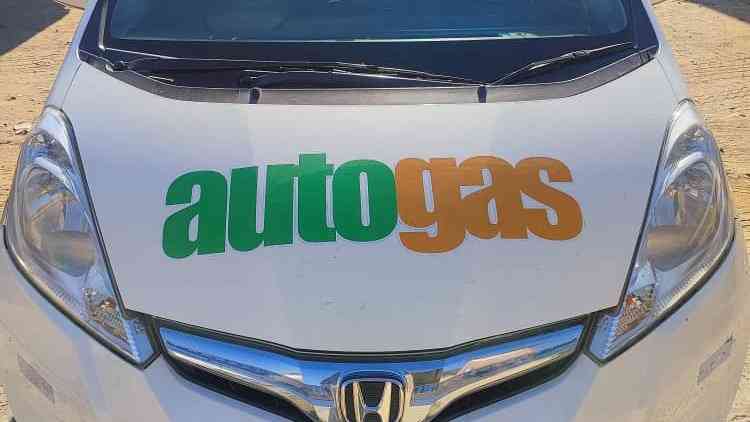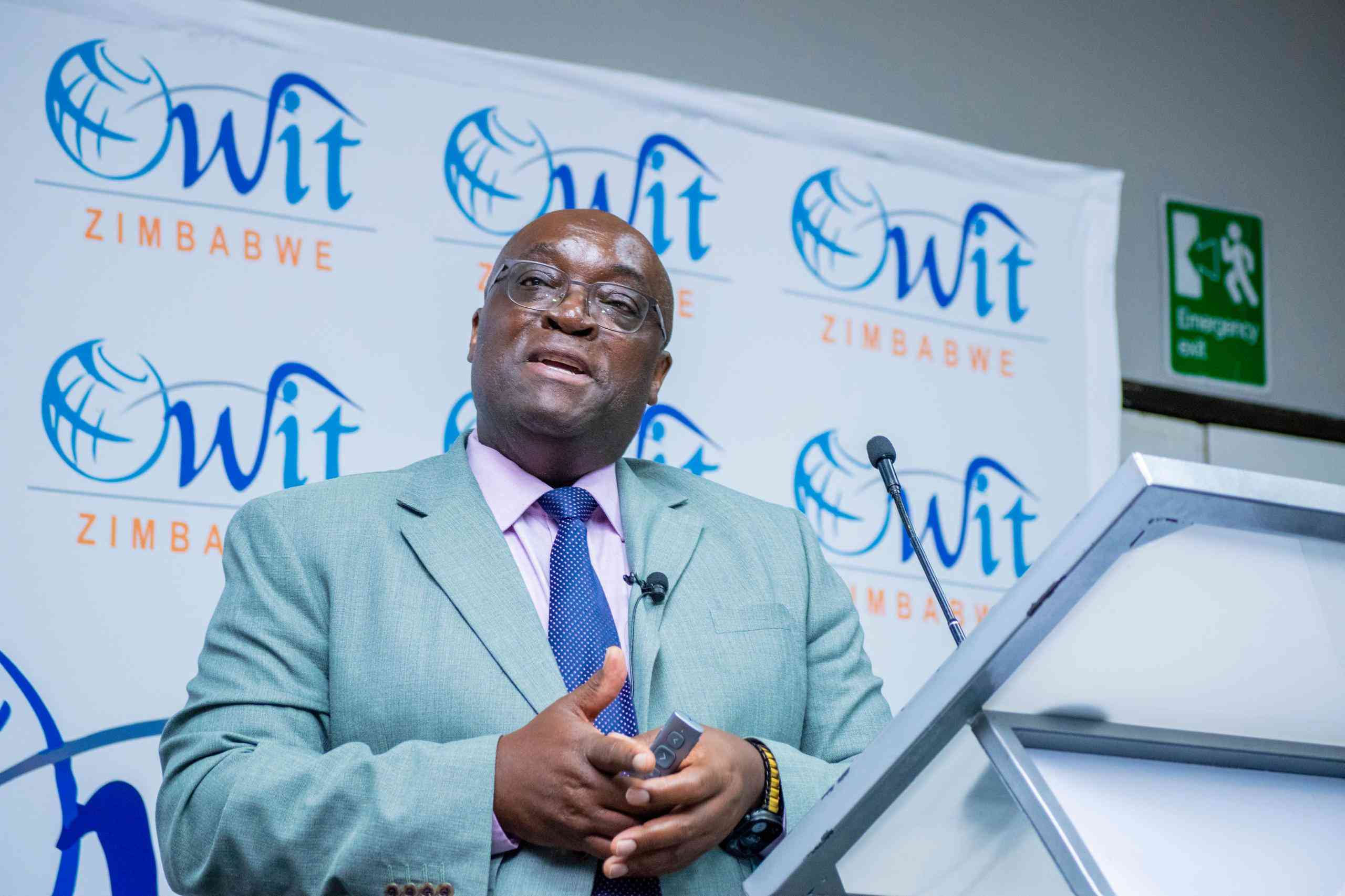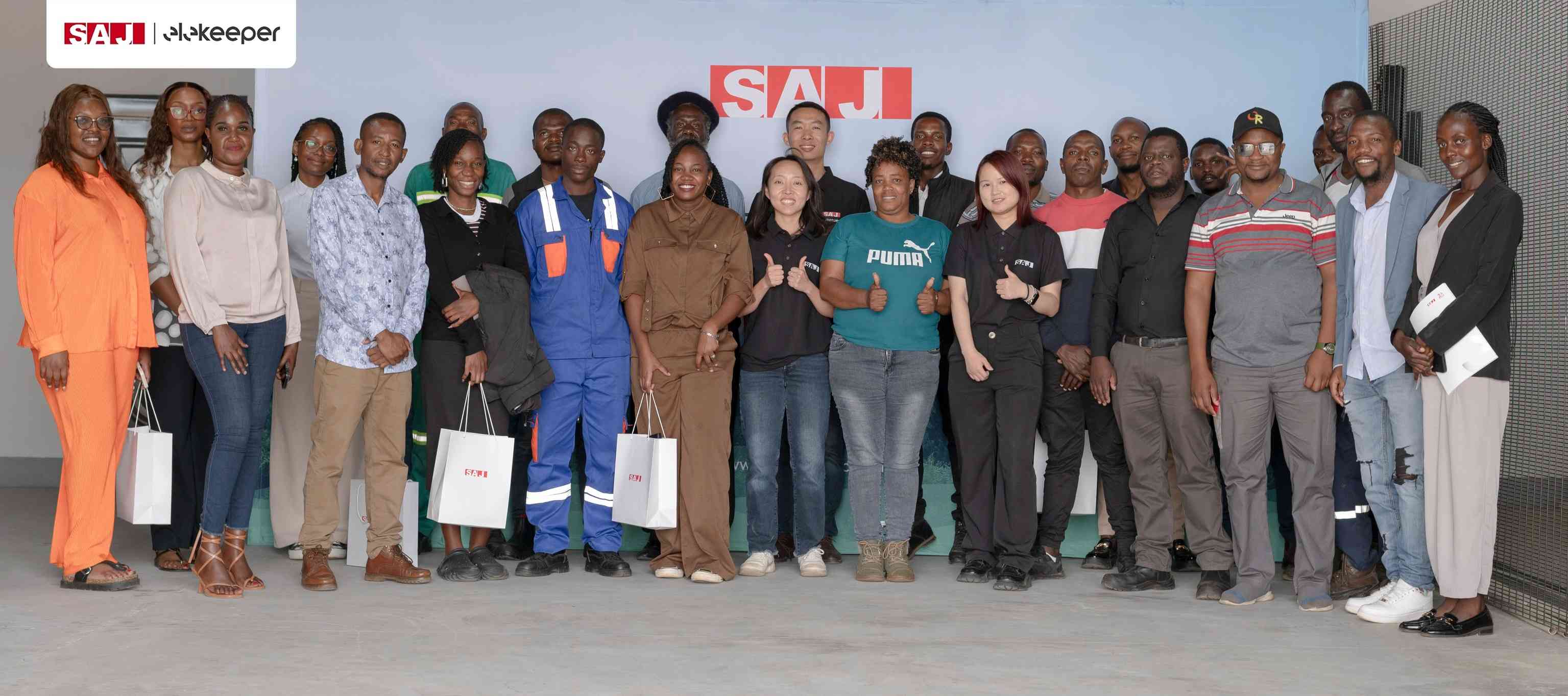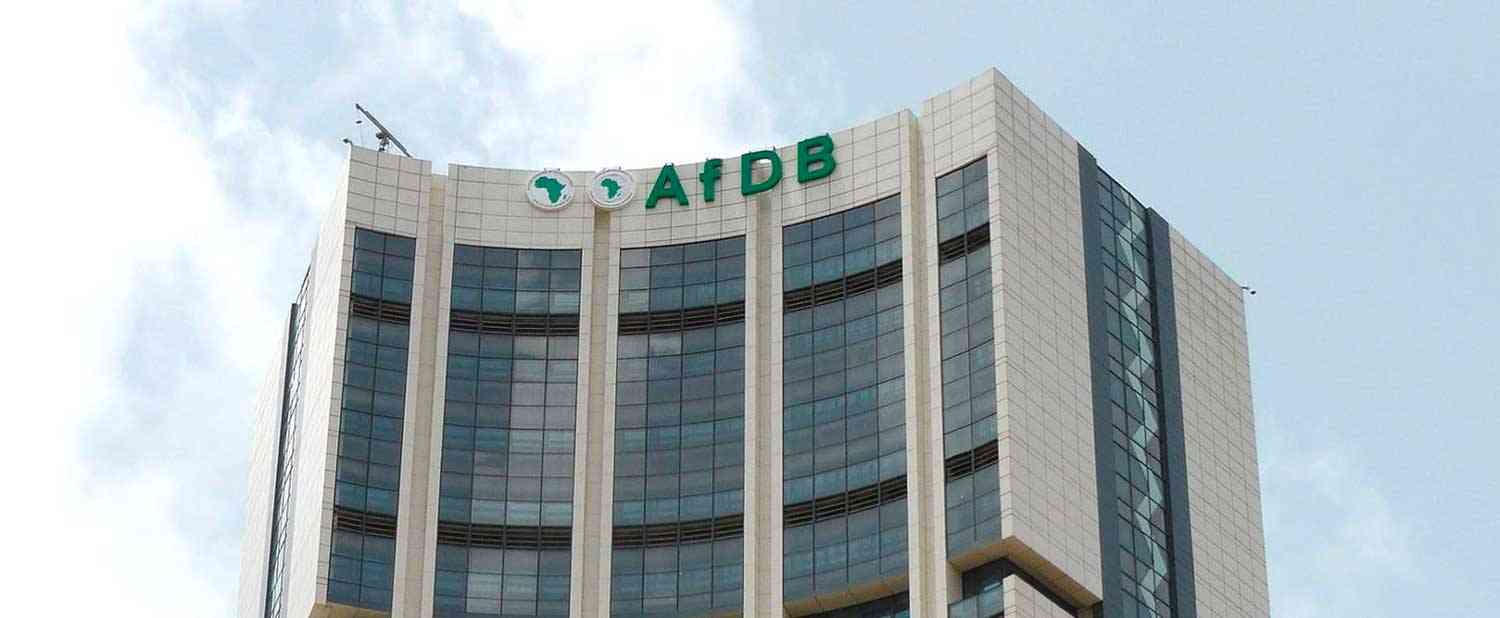
LOCAL firm Maswera Energies has partnered with an Italian company Agis Andrea Mangaliardo to develop autogas technology, which uses liquefied petroleum gas (LPG) to power cars.
Globally, LPG-powered vehicles are growing in popularity even at a time when electric vehicles are hogging the attention in the energy space.
Maswera Energies is the country’s first commercially licenced autogas firm.
Maswera chief executive officer Francis-Xavier Chitanda said gasoline-powered vehicles may be converted to run on LPG by installing a conversion kit, making them dual-fuel vehicles.
“We are converting existing motor vehicles to be able to drive on LPG, which is a cleaner fuel,” Chitanda said.
“We, as Maswera Energies, partnered with a company in Italy called Agis Andrea Mangaliardo.
“At the moment, we are going through a week-long training course by the Polish engineers that the Italian company sent.
“We have converted a Shack Man truck, which is a diesel engine and a Volvo truck which is a diesel engine and we are in the process of converting an executive Volvo SC60.
- Zera hikes LPG prices
- Zera hikes LPG gas price
- Gas shortage looms
- Local energy firm invests in autogas technology
Keep Reading
“LPG gas is cheaper and good for the environment; we have less carbon monoxide by 100%.”
He said for one to convert their car into an LPG-powered car, they will have to pump out around US$500 to US$700.
Maswera Energies was born from the closure of energy firm Intergas Zimbabwe last year after executives of the latter failed to raise enough funding to carry out its operations.
This led to the executives forming Maswera Energies in July after getting the necessary funding and documentation to become the country’s first commercially licenced autogas firm.
Chitanda said the company had invested hundreds of thousands of dollars into making sure that the technology works.
“We had to put money in to make sure everything runs smoothly from bringing in technology into the country and there are trainers from Poland,” he said.
“We expect to put in more as we build more service stations. At the moment we have Zimbabwe’s first auto gas service station right here at our premises.
“Just like any normal petrol service station, we are pushing the project, and soon we will be setting up service stations in different towns and provinces.”
One of the trainees, Tino Kamhoti said they were receiving practical training.
“So far this training is going well because not only are the trainers patient, but they explain everything practically which makes it easier to grasp,” Kamhoti said.
"The autogas market is a rapidly growing alternative fuel sector that offers an environmentally friendly alternative fuel for vehicles.
Autogas is the common name for “liquefied petroleum gas (LPG) when it is used as a fuel in internal combustion engines in vehicles as well as in stationary applications”.
There are now over 27,8 million autogas vehicles in use around the world, statistics show.
Under Zimbabwe’s Low Emissions Development Strategy, greenhouse gas mitigation measures identified include low-carbon transport with mitigation primarily contributed through a combination of fuel savings and the use of alternative and low-carbon fuels and electric and hydrogen-fuelled vehicles.
The transport sector emissions mainly come from petrol and diesel use.
The strategy forecasts emissions from transport to rise significantly as demand for vehicles and transport services increases with economic growth, particularly for passenger cars.
According to Zimbabwe’s carbon credit framework, the transport sector provides an opportunity for carbon trading to reduce emissions.










